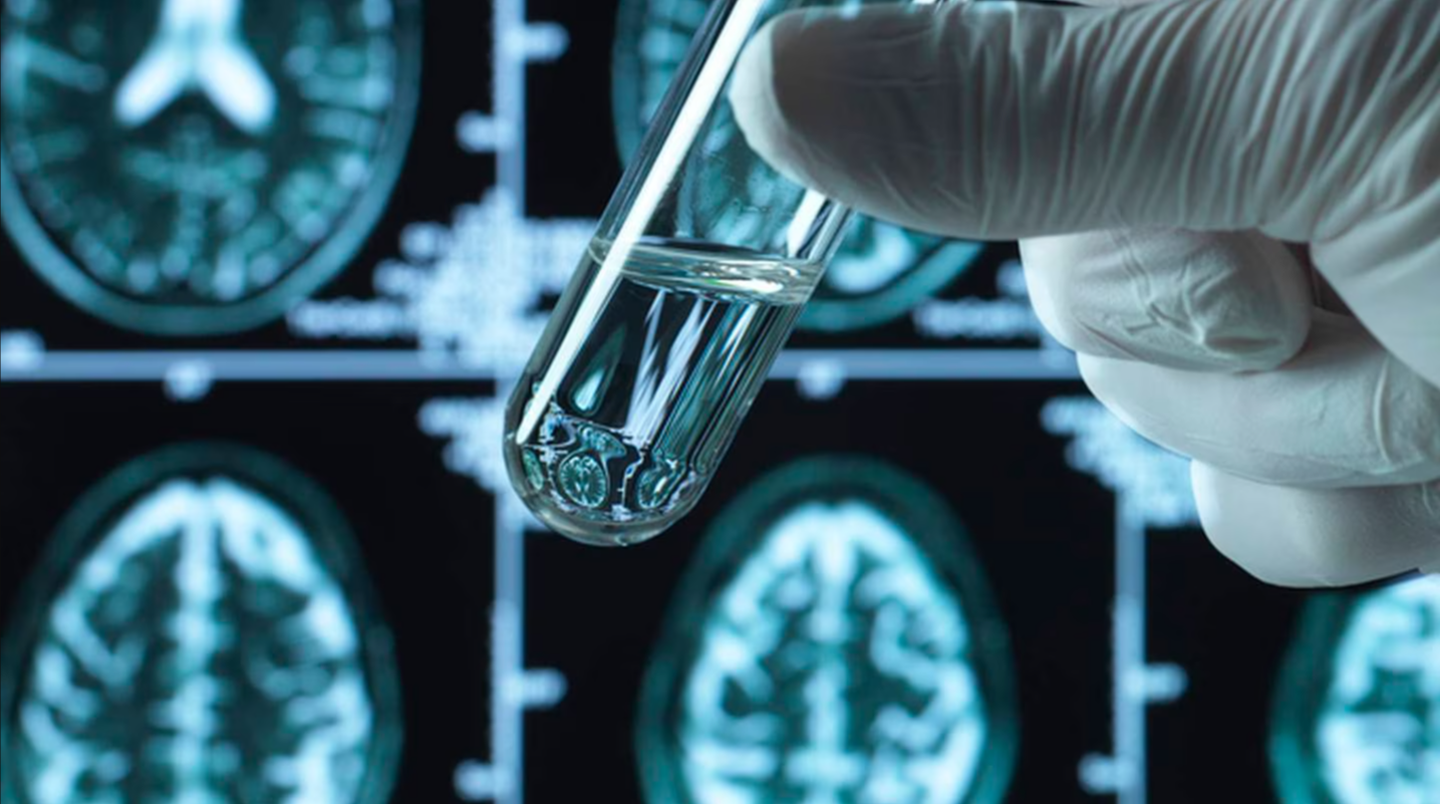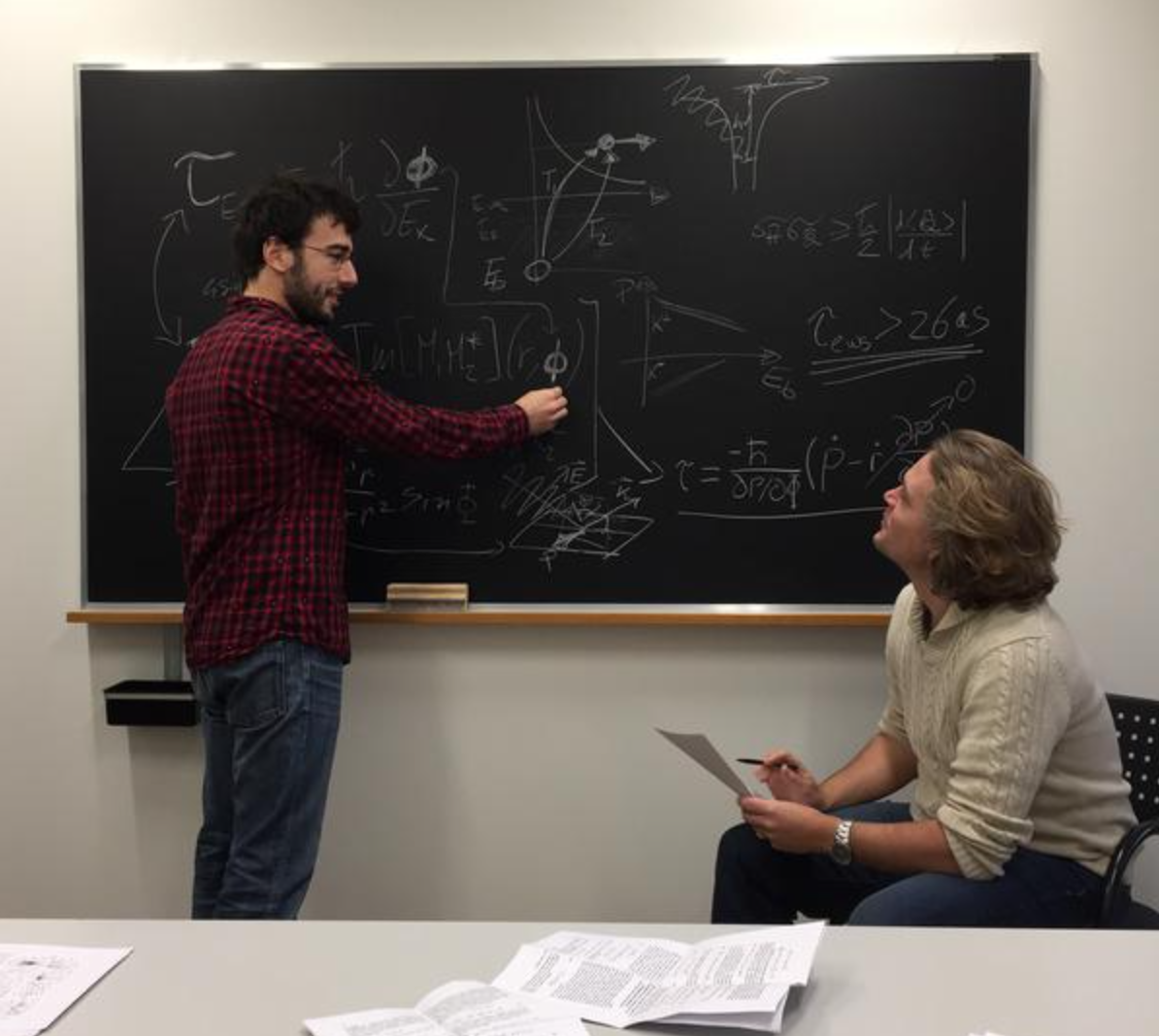New vaccine could prevent or reduce the impact of Alzheimer’s disease
Researchers have presented the initial findings of their study on a novel vaccine tailored to combat the progression of Alzheimer’s disease

[July 31, 2023: Staff Writer, The Brighter Side of News]
This innovative vaccine zeroes in on inflamed brain cells associated with Alzheimer’s. (CREDIT: Creative Commons)
At the highly-anticipated American Heart Association’s Basic Cardiovascular Sciences Scientific Sessions 2023, groundbreaking research has been unveiled that might fundamentally alter our understanding of, and approach to, Alzheimer’s disease.
Researchers from Juntendo University Graduate School of Medicine in Tokyo have presented the initial findings of their study on a novel vaccine specifically tailored to combat the progression of Alzheimer’s disease. This innovative vaccine zeroes in on inflamed brain cells associated with Alzheimer’s, paving the way for potential preventive measures or modifications in the disease trajectory.
It's worth noting that this isn't the university's first foray into vaccine development targeting aging-related diseases. Earlier, the same team had engineered a vaccine to annihilate senescent cells marked by the presence of senescence-associated glycoprotein (SAGP). This senolytic vaccine yielded remarkable results, demonstrating efficacy against several age-related diseases, such as atherosclerosis and Type 2 diabetes in mouse models.
In a parallel study, high levels of SAGPs were found to be expressed in glial cells of individuals diagnosed with Alzheimer’s disease. Building upon these discoveries, the researchers decided to test this vaccine's potency against Alzheimer's in mice by aiming it at cells that overexpress SAGP.
Related Stories
“Alzheimer’s disease now accounts for 50% to 70% of dementia patients worldwide. Our study’s novel vaccine test in mice points to a potential way to prevent or modify the disease. The future challenge will be to achieve similar results in humans,” commented Chieh-Lun Hsiao, Ph.D., the study's lead author.
The experiment designed for this research was meticulous. The team crafted an Alzheimer’s disease mouse model replicating human brain anatomy and simulating the pathology induced by amyloid-beta, a significant player in Alzheimer's. These mice were then administered either a control vaccine or the groundbreaking SAGP vaccine at the ages of two and four months.
Findings were striking:
Significant reductions were observed in amyloid deposits within the cerebral cortex region, a crucial area governing language processing, attention, and problem-solving.
Notably, the astrocyte cell – the predominant type of glial cell in the brain, linked with inflammation – exhibited a marked decrease in size in the vaccinated mice. This was accompanied by reductions in other inflammatory markers, underscoring the vaccine's potential to ameliorate brain inflammation.
Astrocytes (meaning ‘star-cells’) have a unique morphology. While the internal structure is star-like, tiny protrusions of the cell form a cloud-like region that surround all nearby synapses – the junctions where different neurons meet and communicate. (CREDIT: OIST)
Behavioral assessments, employing a maze-type device when the mice were six months old, underscored that those administered the SAGP vaccine were significantly more responsive to their environment compared to the placebo group. These mice behaved akin to their healthy counterparts and demonstrated enhanced awareness.
Digging deeper into the neurobiology, the SAGP protein was found proximate to specialized brain cells called microglia, essential components of the immune defense mechanism within the central nervous system. Although microglia play a vital role in dispelling detrimental protein plaque, they're a double-edged sword. These cells can inadvertently incite brain inflammation, inflicting neuron damage and escalating cognitive decline, potentially contributing to Alzheimer’s onset.
Amyloid beta peptides – proteins that amass in the brain, clumping together and forming obstructive plaques between neurons. (CREDIT: Creative Commons)
Amyloid beta peptides – proteins that amass in the brain, clumping together and forming obstructive plaques between neurons – are notorious for hampering cell function in Alzheimer's patients. The National Institute on Aging explains that vascular issues can also compromise the blood-brain barrier, a critical mechanism safeguarding the brain from pathogens and ensuring glucose supply. A compromised barrier can result in glucose deprivation and impede the removal of toxic beta-amyloid proteins, exacerbating inflammation and expediting Alzheimer’s progression.
While prior research has demonstrated the success of vaccines in reducing amyloid plaque deposits and inflammation in mouse models, Hsiao emphasized the distinctiveness of their SAGP vaccine: “What makes our study different is that our SAGP vaccine also altered the behavior of these mice for the better.”
In the brain, there are 3 main glial cell types that support neurons to keep our brain healthy: a) astrocytes help communication between neurons, b) oligodendrocytes create conditions for the information to be transmitted faster, and c) microglia act as the immune system of the brain. (CREDIT: Creative Commons)
The silver bullet might be targeting microglia. Recent findings suggest that the SAGP protein is abundantly present in microglia, highlighting their importance in Alzheimer's. “By removing microglia that are in the activation state, the inflammation in the brain may also be controlled. A vaccine could target activated microglia and remove these toxic cells, ultimately repairing the deficits in behavior suffered in Alzheimer’s disease,” elaborated Hsiao.
According to the 2023 American Heart Association Statistical Update, the scope of the problem is vast. Approximately 3.7 million Americans aged 30 years and above were diagnosed with Alzheimer’s disease in 2017. Projections indicate that this number could surge to a staggering 9.3 million by 2060.
This recent research, though in preliminary stages, shines a beacon of hope on a horizon marred by the growing specter of Alzheimer’s. If successful in human trials, the SAGP vaccine could be a monumental stride forward in delaying disease progression or even in staving off this debilitating disease altogether.
While much remains to be ascertained, the global community awaits further developments with bated breath. The promise of a world with an effective shield against Alzheimer’s is tantalizingly closer than ever before.
Note: Materials provided above by The Brighter Side of News. Content may be edited for style and length.
Like these kind of feel good stories? Get the Brighter Side of News' newsletter.



